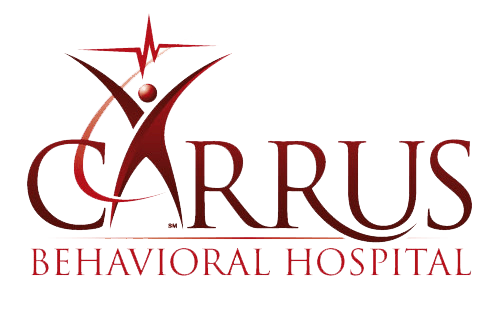
Communication is the expression of thoughts and emotions in an open and respectful manner. Effective communication in families is important. However, several factors can cause a breakdown and conflicts, such as stressors and difficult situations.
Good communication is the foundation of healthy relationships and is an important tool for resolving conflict between family members. By developing and honing communication skills, families can create a harmonious and supportive environment where everyone feels heard and understood.
In this article, we are going to discuss communication skills in family therapy and how it is used by mental health professionals in improving connection between family members.
Active Listening
One of the fundamental communication skills emphasized in family therapy is active listening. This involves fully engaging with the speaker, both verbally and non-verbally, to demonstrate genuine interest and understanding.
Active listening entails giving someone your full attention. It involves maintaining eye contact and refraining from interrupting. Through active listening, family members can validate each other’s experiences and become more empathetic toward one another.
Effective Expression of Feelings
Expressing feelings in a clear and constructive manner is important in improving communication skills in family therapy. Family members are encouraged to openly share their thoughts and emotions, which helps in identifying underlying issues.
While talking about thoughts or feelings, patients are encouraged to use “I” statements, such as “I feel…” rather than assigning blame or making accusatory statements. This approach promotes a non-threatening and non-judgmental atmosphere, enabling individuals to express themselves without fear, and other members to be receptive to what they are being told.
Conflict Resolution and Problem-Solving
Conflict is a natural part of any family dynamic, but how it is addressed can determine the overall health of the relationships. Family therapy emphasizes the importance of effective conflict resolution and problem-solving skills.
Techniques are employed, such as:
- Active listening
- Collaborative problem solving
- Respectful communication
- Compromise
- Active constructive responding
By encouraging open dialogue and fostering understanding, family members can work together to resolve conflict and strengthen their bonds.
Non-Verbal Communication
Non-verbal communication is also important in family therapy. One’s body language, such as facial expressions and tone of voice, are also forms of communication. Individuals should be aware of these non-verbal cues and how they can affect quality of communication. Family therapists often encourage individuals to pay attention to their own non-verbal cues, as well as those of others, and determine if it facilitates improving communication skills.
Building Empathy and Understanding
Empathy is the ability to understand and share another person’s experiences and emotions. Family therapy focuses on building empathy among family members to foster deeper connections. Practicing empathy involves actively putting oneself in another person’s shoes, seeking to understand their perspective and validating their feelings.
Communication in Family Therapy – Tools and Techniques
Family therapy introduces various communication tools and techniques to improve connection and understanding within the family unit.
Examples include:
- Reflective listening – Repeating or summarizing what the speaker has said to ensure accurate understanding.
- Validation – Acknowledging and affirming the feelings and experiences of others to promote trust and acceptance.
- Assertiveness training – Learning techniques to express needs and boundaries in a respectful and confident manner.
- Role-play – Practicing different scenarios to enhance communication skills and problem-solving abilities.
- Journaling – Encouraging family members to write down their thoughts and emotions, promoting self-reflection and clarity in communication.
The Power of Communication in Family Therapy
Effective communication is a powerful tool in family therapy. By developing strong communication skills, families can overcome challenges and enhance their connection to one another. It also changes the family environment into a safe and supportive one.
A family therapist can start by assessing your family dynamics, such as how you communicate with one another to gather information on the challenges each one of you is facing. Communication is key to a healthy relationship between family members, allowing you to weather challenges in a healthy way.
Family Therapy in Sherman, TX
We offer family therapy in our state-of-the-art outpatient facility at Carrus Cares Frisco. Our licensed and skilled mental health professionals help families navigate breakdowns in communication between members. Sometimes, you just need the guidance and support of an expert to help your family get back on track.
Our facility is primarily focused on helping children and adolescents with mental and behavioral issues. We offer faith-based programs and emphasize the importance of spiritual health to overcoming mental and behavioral issues.
Let our family therapist help you improve your mental health and relationships. For any questions or to schedule a consultation with us, call our office today at (903) 870-1222. Our friendly staff awaits your call.

